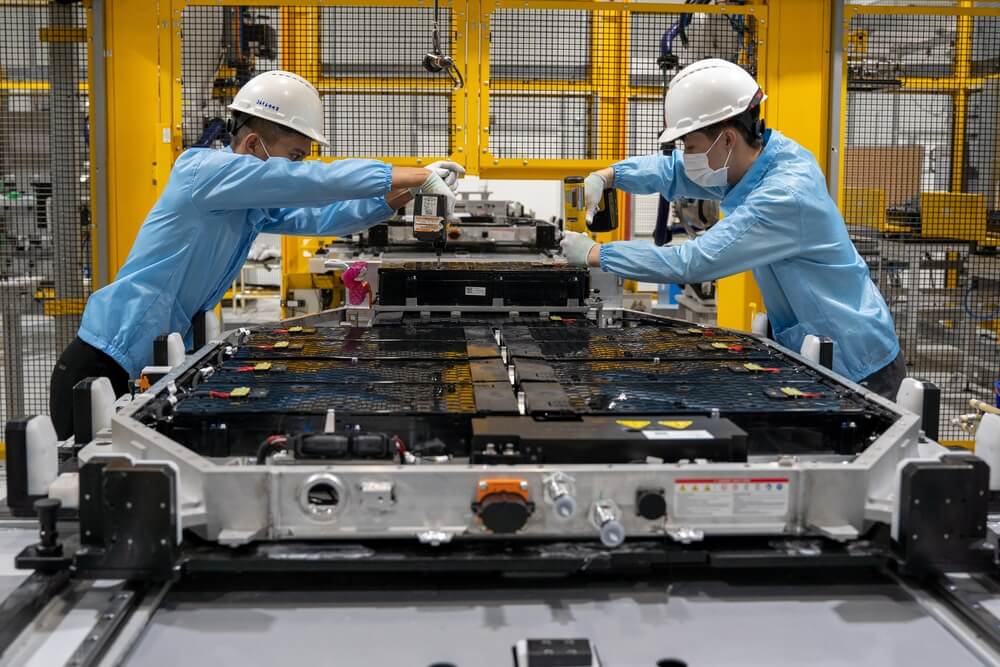I have a soft spot for engineers and engineering. It started with my father. He called himself an engineer, even though he left school at 13 in a remote corner of Zimbabwe and went to work in an auto repair shop.
By the time I remember his work clearly, in the 1950s, he was amazingly competent at everything he did, which was about everything that he could get to do. He could work a lathe, arc weld and acetylene weld, cut, rig, and screw.
My father used his imagination to solve problems, from finding a lost pump down a well to building a stand for a water tank that could supply several homes. He worked in steel: African termites wouldn’t allow wood to be used for external structures.
Electricity was a critical part of his sphere; installing and repairing electrical power equipment was in his self-written brief.
Maybe that is why, for more than 50 years, I have found myself covering the electric power industry. I have watched it struggle through the energy crisis and swing away from nuclear to coal, driven by popular feeling. I have watched natural gas, dismissed by the Carter administration as a “depleted resource,’’ roar back in the 1990s with new turbines, diminished regulation, and the vastly improved fracking technology.
Now, electricity is again a place of excitement. I have been to four important electricity conferences lately, and the word I hear everywhere about the challenges of the electricity future is “exciting.”
James Amato, vice president of Burns & McDonnell, the Kansas City, Mo.-based engineering, construction, and architecture firm that is heavily involved in all phases of the electric infrastructure, told me during an interview for the television program “White House Chronicle” that this is the most exciting time in supplying electricity since Thomas Edison set the whole thing in motion.
The industry, Amato explained, was in a state of complete reinvention. It must move off coal into renewables and prepare for a doubling or more of electricity demand by mid-century.
However, he also told me, “There is a major supply problem with engineers.” The colleges and universities aren’t producing enough of them, and not enough quality engineers — and he emphasized quality — are looking toward the ongoing electric revolution, which, to those involved in it, is so exhilarating and the place to be.
This problem is compounded by a wave of age retirements that is hitting the industry.
I believe that the electric supply system became a taken-for-granted undertaking and that talented engineers sought the glamor of the computer and defense industries.
Now, the big engineering companies are out to tell engineering school graduates that the big excitement is working on the world’s biggest machine: the U.S. electric supply system.
My late friend Ben Wattenberg, demographer, essayist, presidential speechwriter, television personality, and strategic thinker, hosted an important PBS documentary film and co-wrote a companion book, “The First Measured Century: The Other Way of Looking at American History.” He showed how our ability to measure changed public policy as we learned exactly about the distribution of people and who they were. Also, how we could measure things down to parts per billion in, say, water.
In my view, this is set to be the first engineered century, in tandem with being the first fully electric century. We are moving toward a new level of dependence on electricity and the myriad systems that support it. From the moment we wake, we are using electricity, and even as we sleep, electricity controls the temperature and time for us.
The new need to reduce carbon entering the atmosphere is to electrify almost everything else, primary transportation — from cars to commercial vehicles and eventually trains — but also heavy industrial uses, such as making steel and cement.
Amato said there is not only a shortage of college-educated engineers needed on the frontlines of the electric revolution but also a shortage of competent technicians or those trained in the crafts that support engineering. These are people who wield the tools, artisans across the board. In the electric utilities, there is also a need for line workers, a job that offers security, retirement, and esprit.
In the 1960s, the big engineering adventure was the space race. Today, it is the stuff that powers your coffeemaker in the morning, your cup of joe, or, you might say, your jolt of electrons.

 Follow
Follow
Leave a Reply